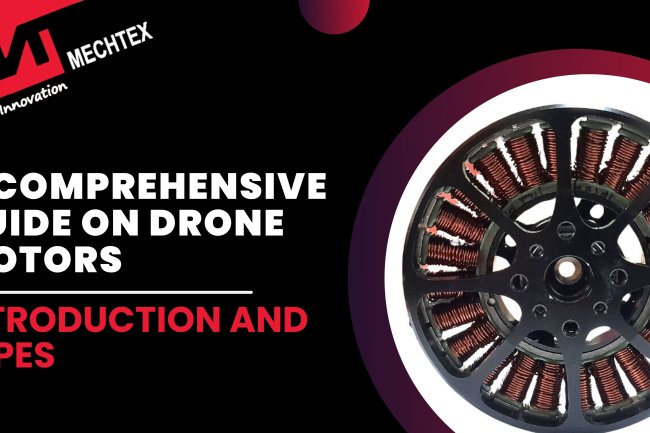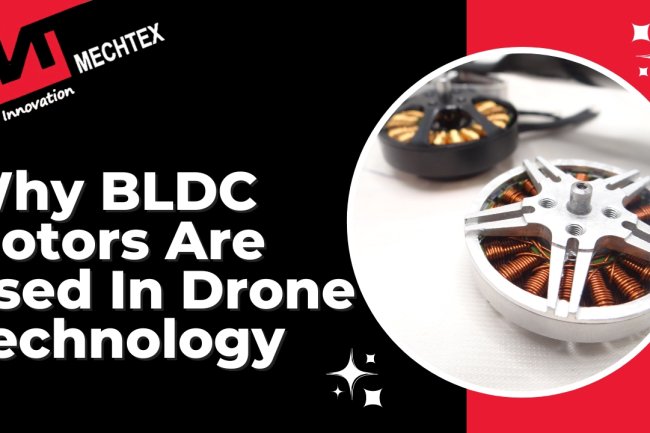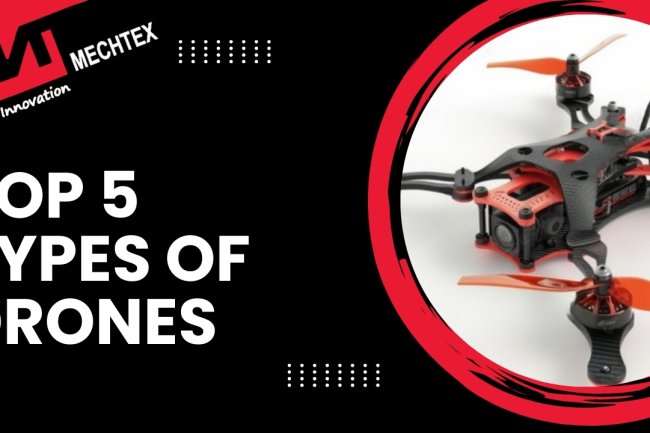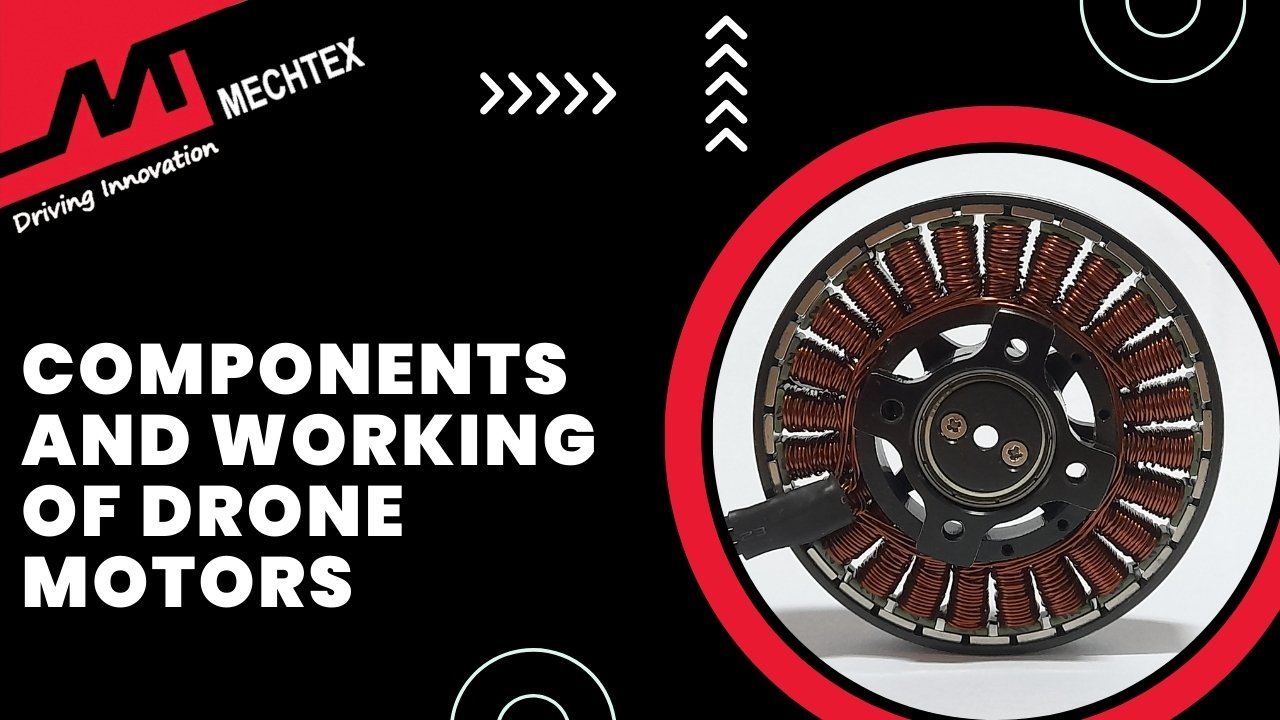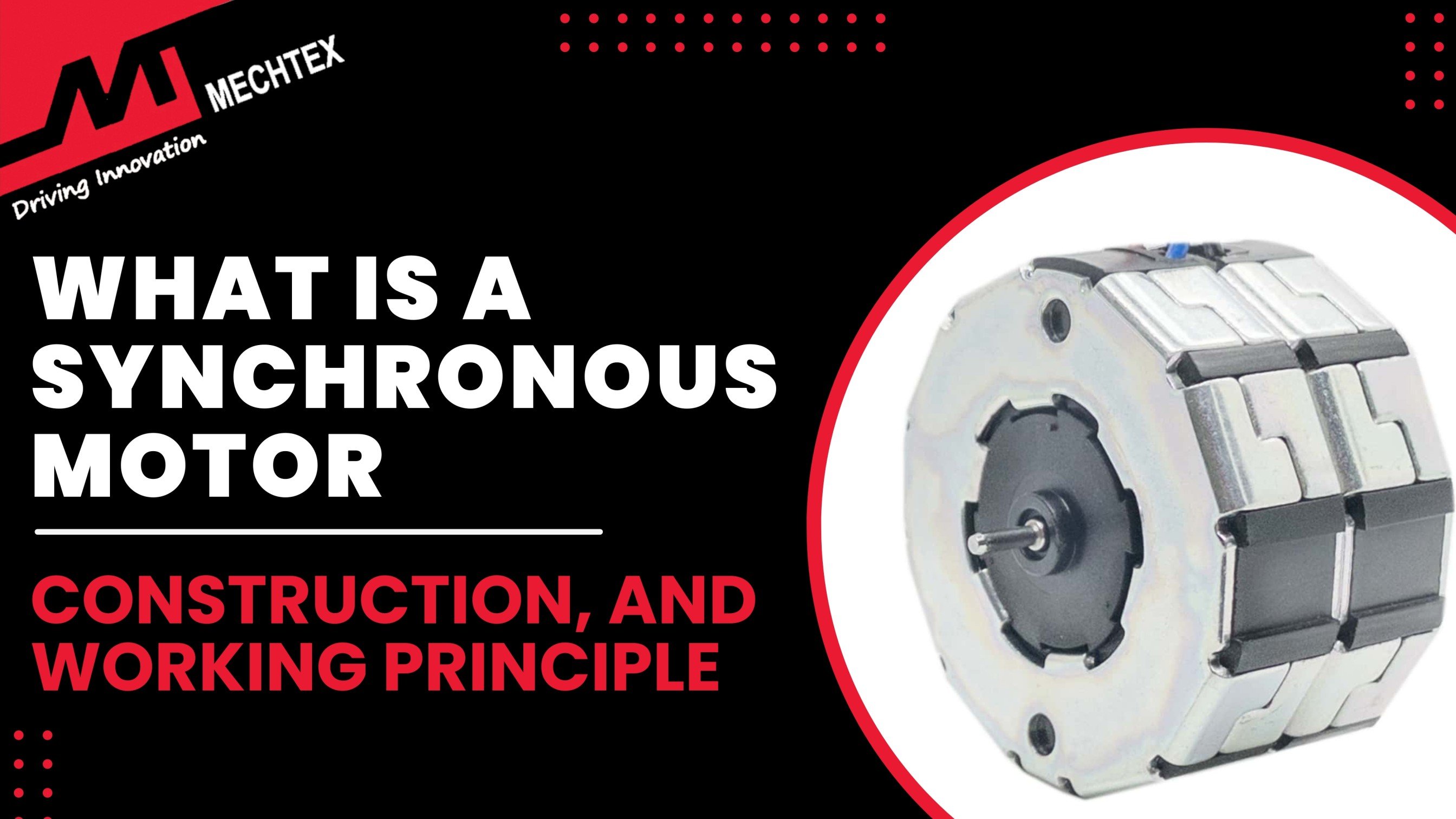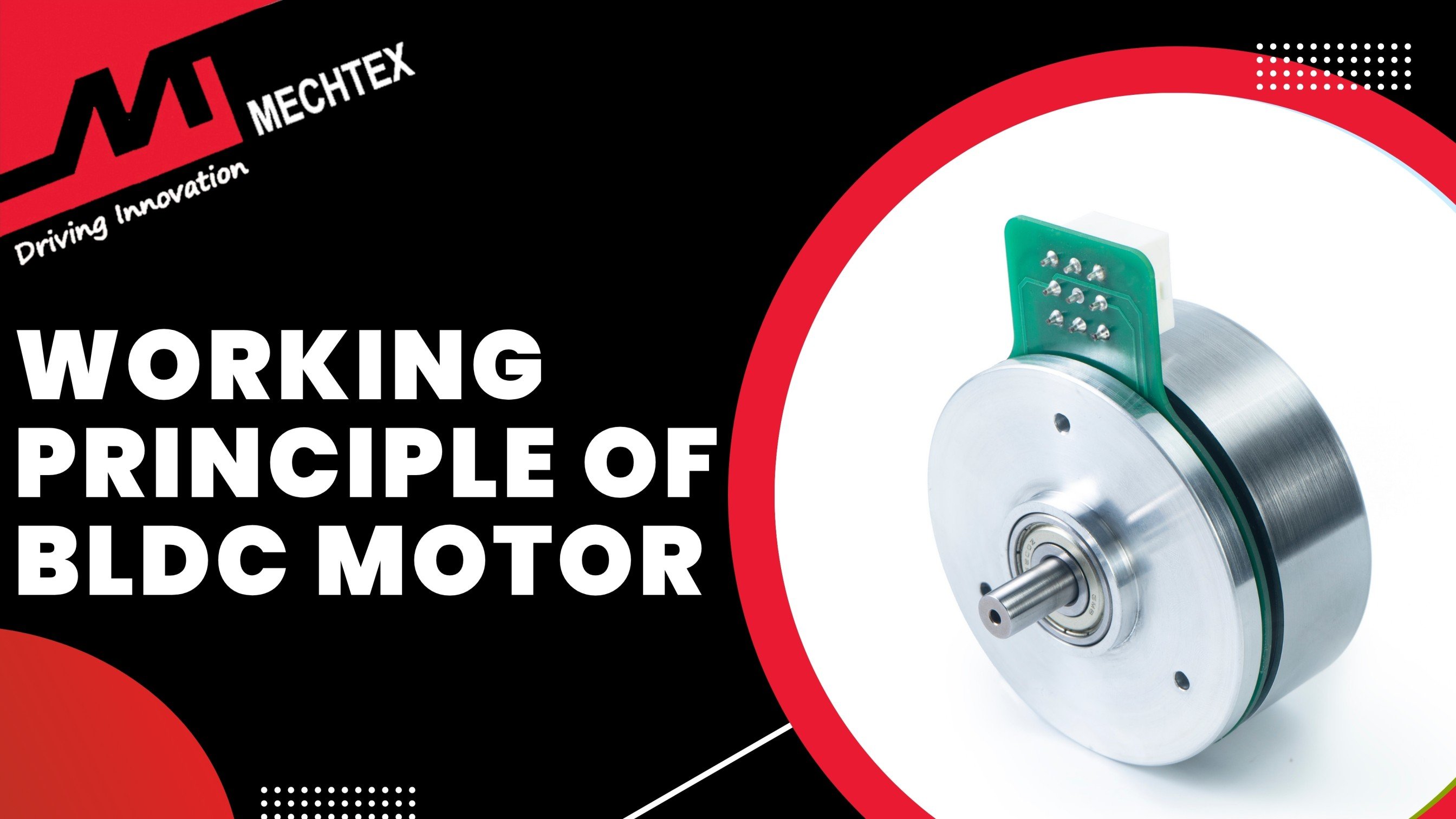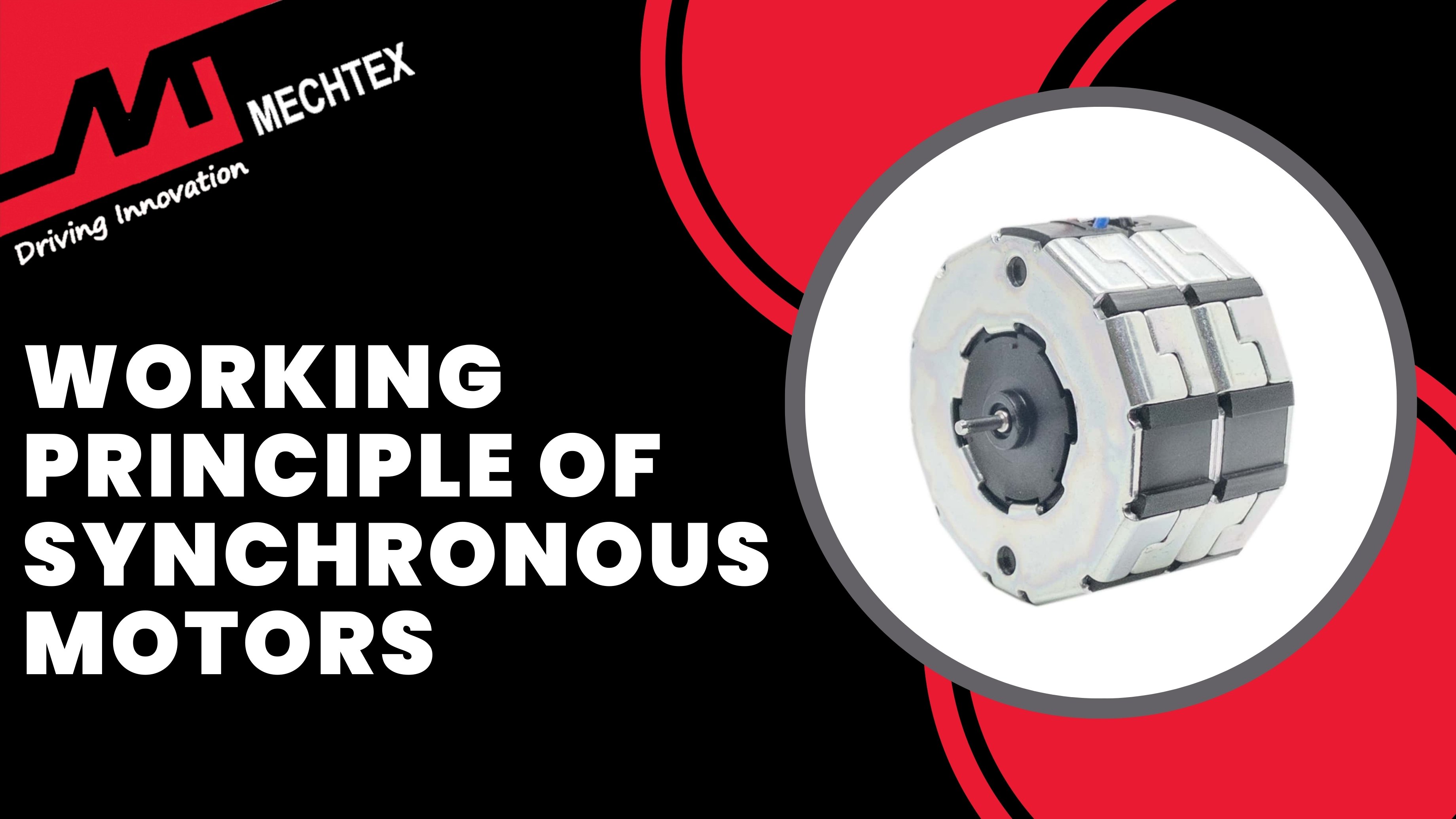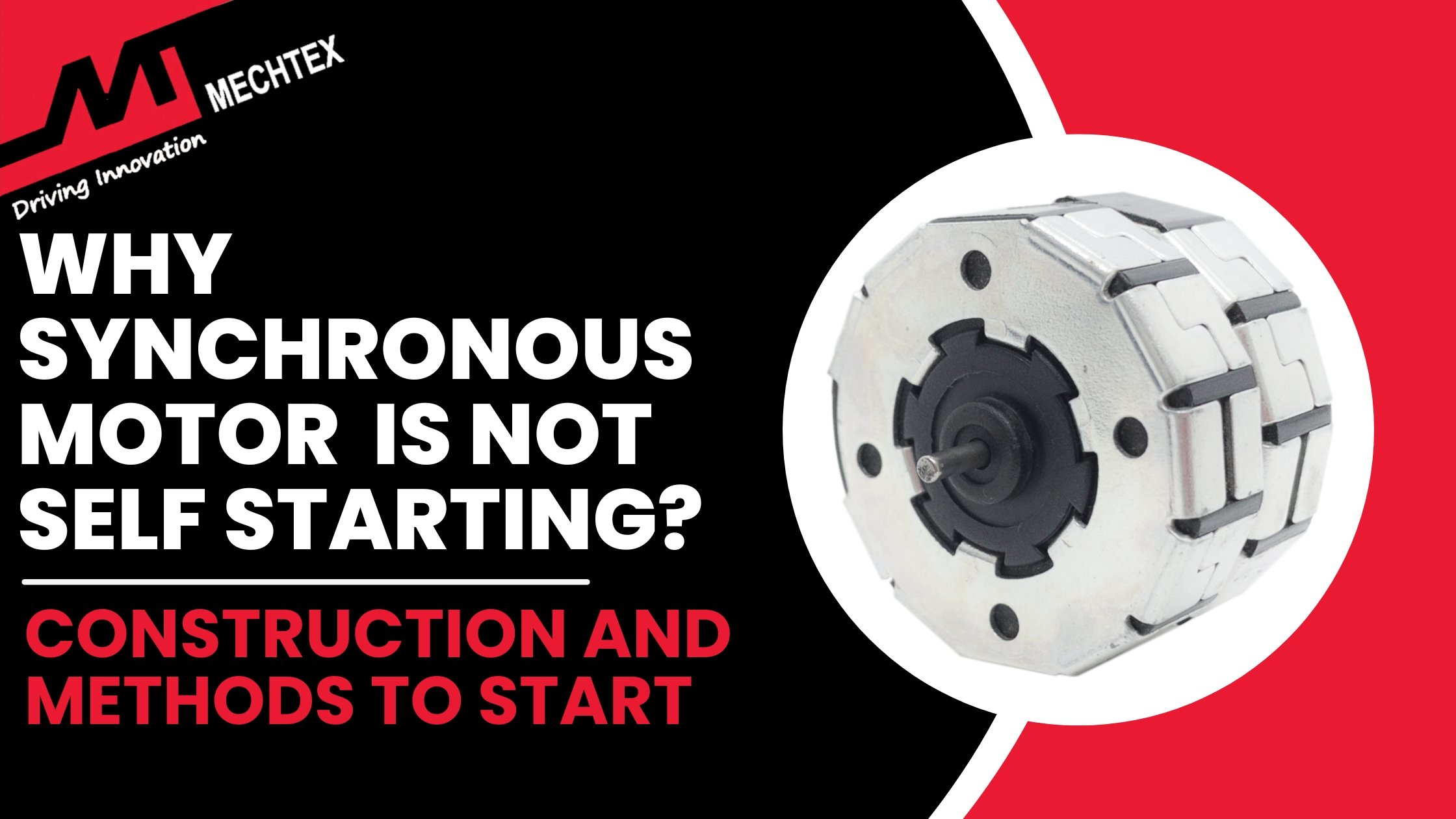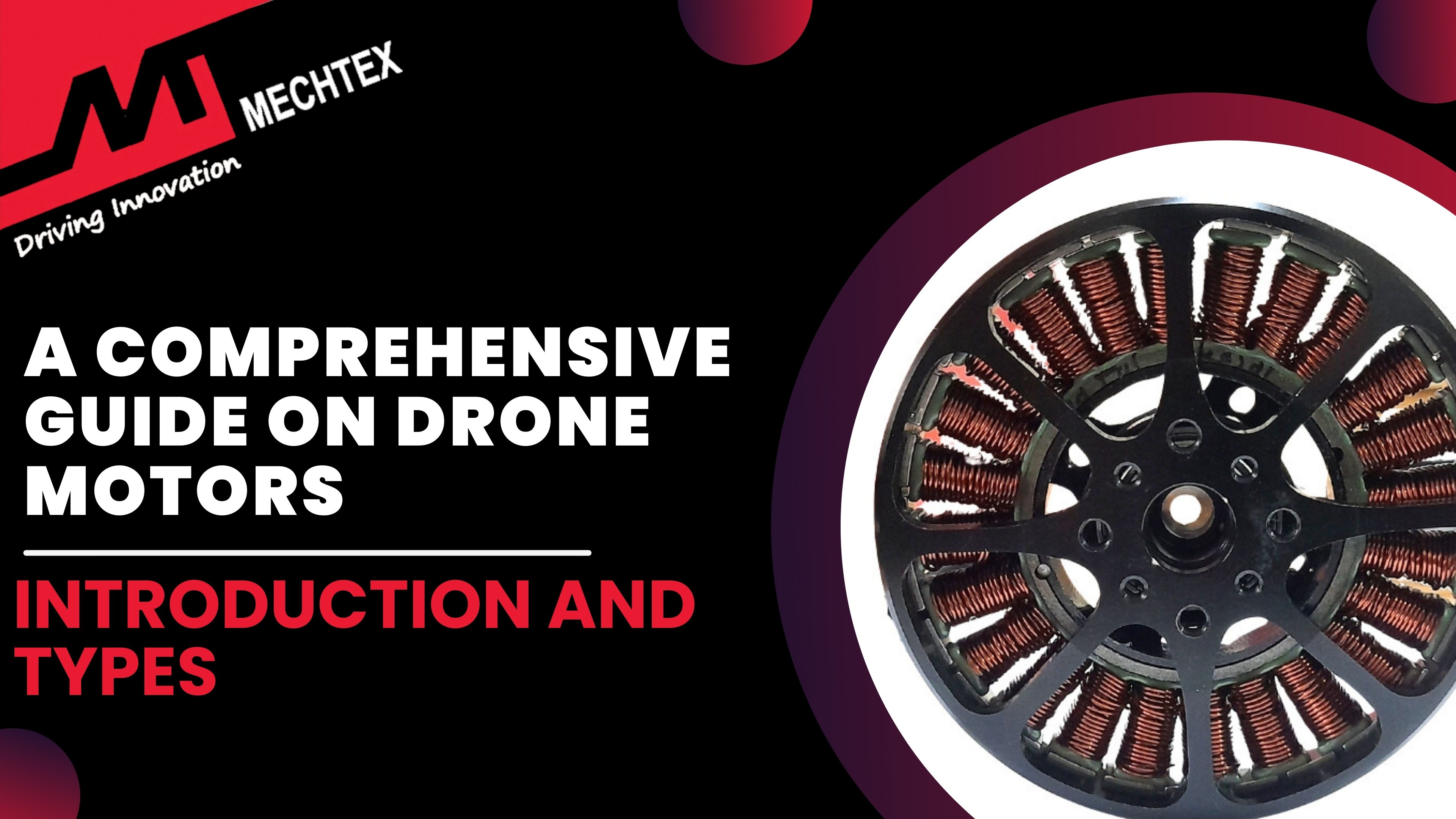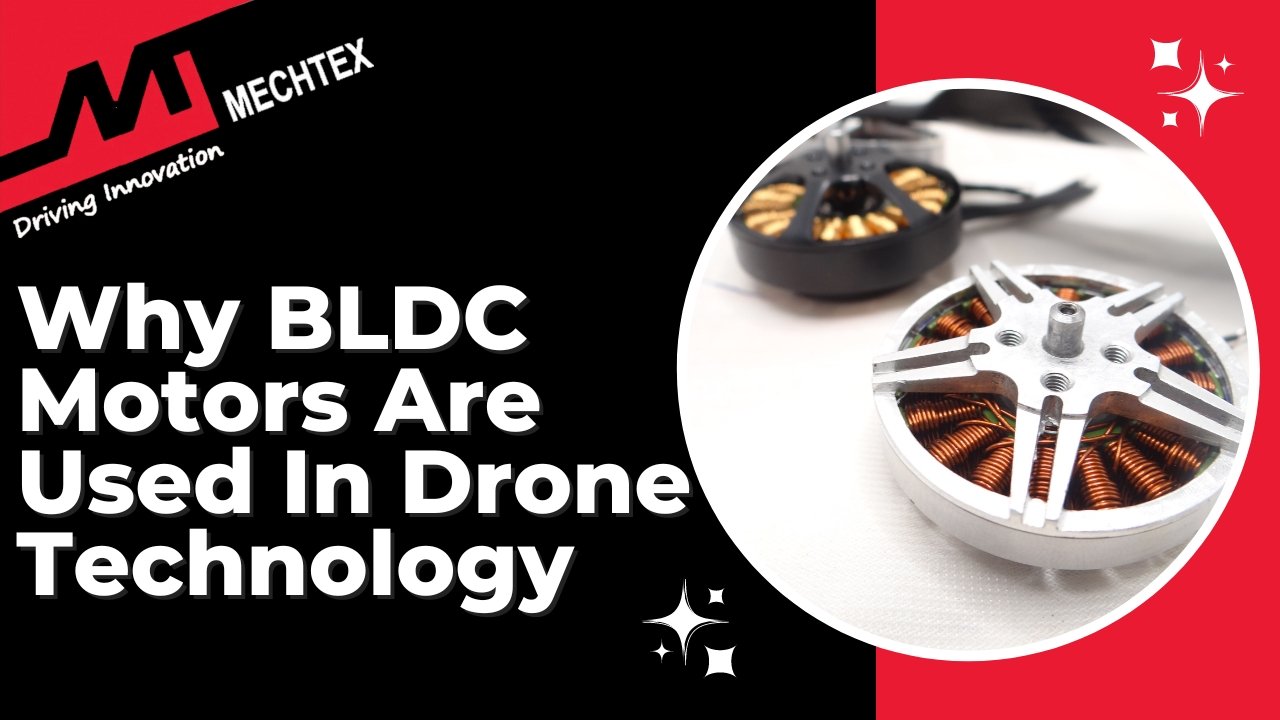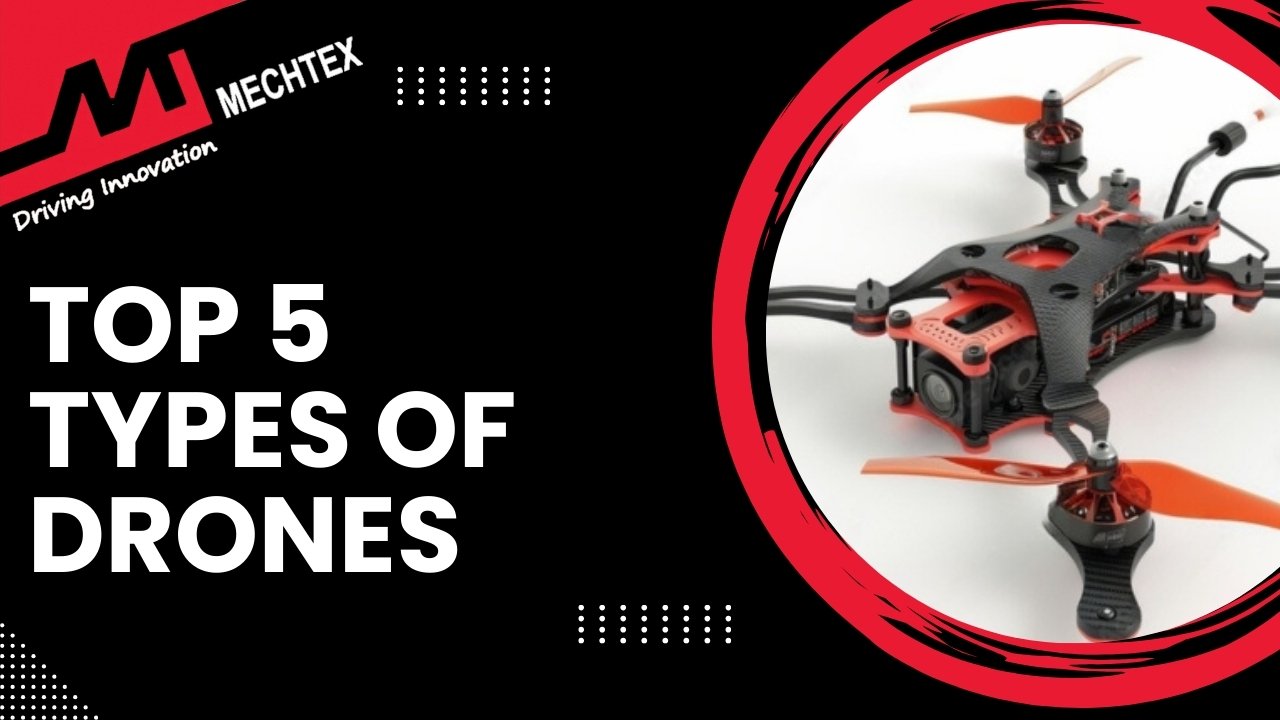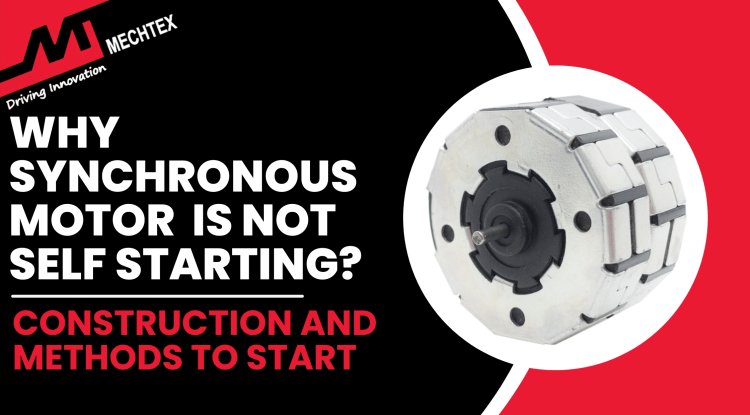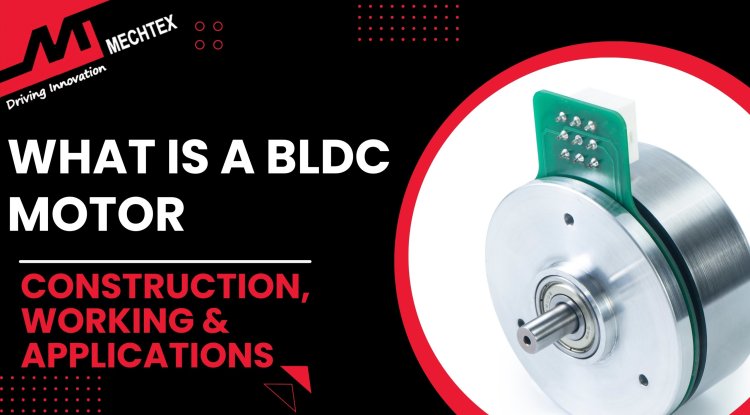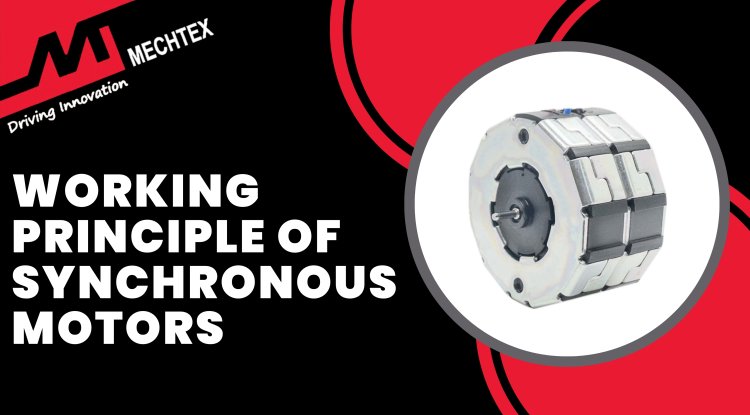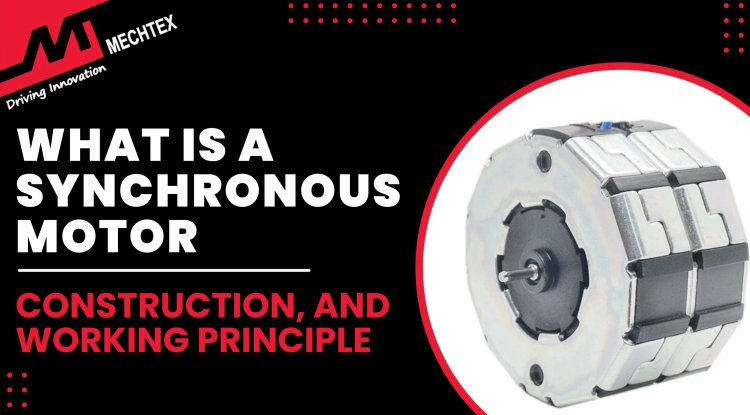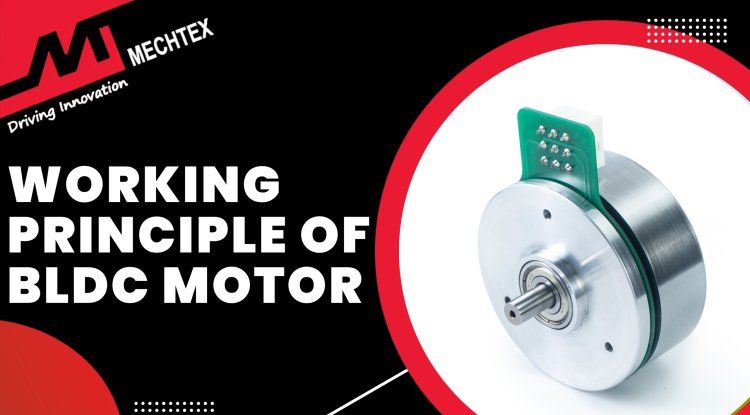Understanding FPV Drone Motors
FPV drone motors are specialised drone motors designed to provide the thrust, speed, and manoeuvrability required for FPV drones. These motors help FPV drones in quick acceleration, sharp turns, and smooth hovering. FPV drone motors are highly customisable and available in various KV ratings and sizes, allowing pilots to tailor their drones.
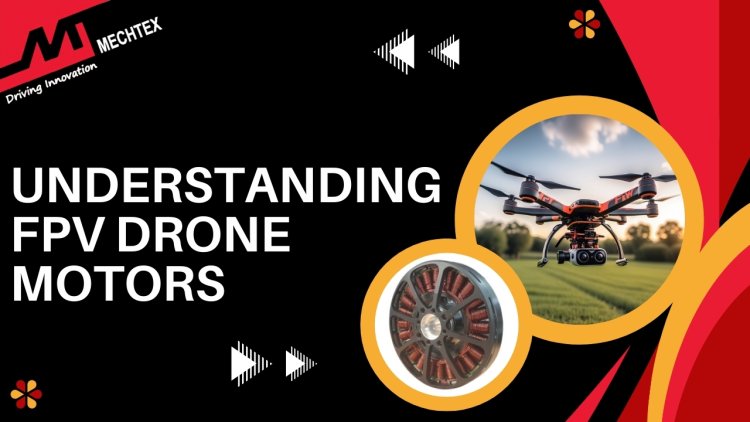
What are FPV Drones?
FPV (First-Person View) drones are a specialised type of drone that allows pilots to experience the flight as if they were sitting in the cockpit. This is achieved by transmitting real-time video from a camera mounted on the drone to a headset or screen, providing an immersive flight experience.
FPV drones are commonly used in drone racing, defence, freestyle flying, and even for capturing unique aerial footage. They offer a level of control and precision that is unparalleled compared to traditional line-of-sight flying. The pilot can make rapid manoeuvres and fly through tight spaces, as the real-time video feed minimises the delay between what the pilot sees and how the drone responds.
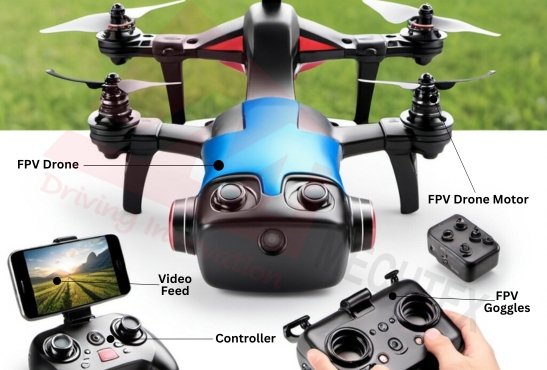
The key components of an FPV drone include a high-quality camera, video transmitter, and FPV goggles or monitor. The camera captures the live video, which is then transmitted via the video transmitter to the goggles or screen. The latency of the video feed is crucial lower latency ensures quicker response times, which is vital in high-speed applications like racing.
FPV drones are often customised and built by enthusiasts, as this allows for greater control over the performance, such as tuning the flight characteristics and improving the video feed quality. However, they can also be purchased as ready-to-fly models.
Watch the YouTube Video by "FlyingCraft" showcasing the FPV drone racing competition.
The immersive nature of FPV drones has led to their popularity in various fields, including recreational flying, professional cinematography, and competitive racing. They offer a unique way to experience flight, blending technology, skill, and creativity into a dynamic and engaging hobby or profession.
Also Read
What are FPV Drone Motors?
FPV drone motors are specialised drone motors designed to provide the thrust, speed, and manoeuvrability required for FPV drones. These motors are pivotal to the drone’s performance as they help FPV drones with quick acceleration, sharp turns, and smooth hovering. As per the high demand for FPV racing, freestyle flying, and aerial acrobatics, FPV drone motors are built for power, efficiency and precision.
FPV drone motors consist of two main components: stator and rotor. The stator is the stationary part of the motor and consists of coils of wire that create a magnetic field when energised. The rotor is a rotating part of the motor and consists of permanent magnets. It interacts with the stator’s magnetic field and rotates. The absence of brushes in FPV drone motors reduces friction and increases efficiency and life span.
FPV drone motors also consist of the bell (the outer casing of the rotor) which is made up of lightweight materials like aluminium or carbon fibre to reduce weight without compromising strength. The bell is typically open or ventilated to allow for better cooling, which is crucial during high-speed operation.
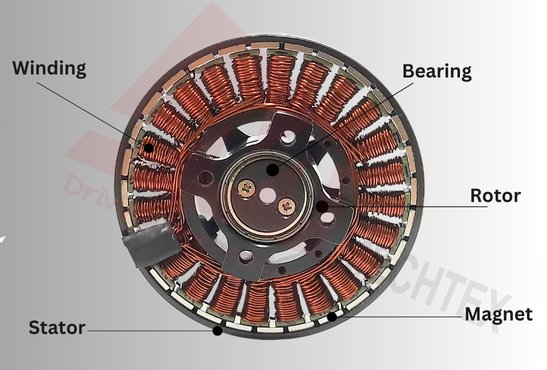
When the electric speed controller sends the signal to the FPV drone motor, it energises the stator coils in a specific sequence. This sequence creates a rotating magnetic field that pulls the rotor along with it and causes it to spin. The speed and direction of the FPV drone motor are controlled by varying the voltage and the timing of the electrical signals sent to the stator.
FPV drone motors offer several key benefits which makes them ideal for FPV drones. Their brushless design ensures high efficiency which extends flight times and enhances payload capacity. FPV drone motors also provide rapid acceleration and responsiveness for racing, freestyle flying and other aerial acrobatics.
Also, FPV drone motors are highly customisable and available in various KV ratings and sizes, allowing pilots to tailor their drones to specific flying styles, whether for speed, agility, or endurance.
How to Select a FPV Drone Motor
Selecting the right motor for your FPV (First Person View) drone involves understanding several key factors to ensure optimal performance and flight experience. Here’s a step-by-step guide to help you choose the best motor for your FPV drone:
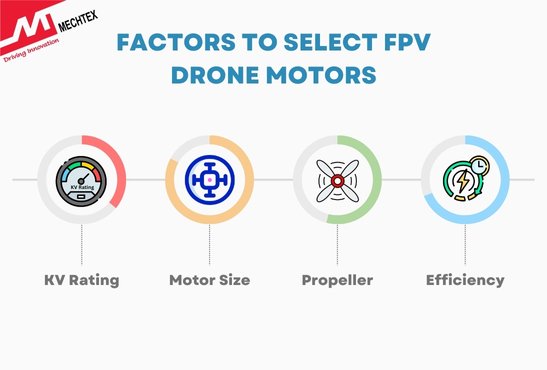
- KV Rating
KV ratings refer to the number of revolutions per minute (RPM) per volt applied to the FPV drone motor without any load.
Higher KV FPV drone motors are ideal for lightweight drones for fast speed and quick response. Low KV FPV drone motors are suitable for long-range drones with more torque and better stability.
- Motor Size
FPV drone motor size greatly impacts the drone's performance by affecting its thrust, efficiency, and manoeuvrability. Large FPV drone motors provide more torque which is beneficial for handling large propellers. On the other hand, small FPV drone motors are preferred for racing drones for their agility and speed.
- Propeller
The FPV drone motor we select must be compatible with the size and type of propeller of our FPV drone. High KV motors require small and light propellers, while low KV motors are paired with large and heavy propellers.
- Efficiency
Efficiency is a key factor in selecting an FPV drone motor. It directly impacts the overall performance of the drone. A highly efficient FPV drone motor optimises power usage with minimum heat build-up which allows FPV drones to fly longer with minimum risk of motor failure during quick flight, sharp turns and other manoeuvres.
Conclusion
Selecting the right motor for your FPV drone is crucial to achieving optimal performance, whether you're focused on racing, freestyle, or long-range flights. Factors like motor size, KV rating, and efficiency play a significant role in determining your drone's speed, agility, and endurance. Understanding these elements allows you to tailor your motor selection to your specific needs, ensuring a balance between power, efficiency, and reliability. With the right motor, your FPV drone can reach its full potential, offering a thrilling and responsive flight experience.

